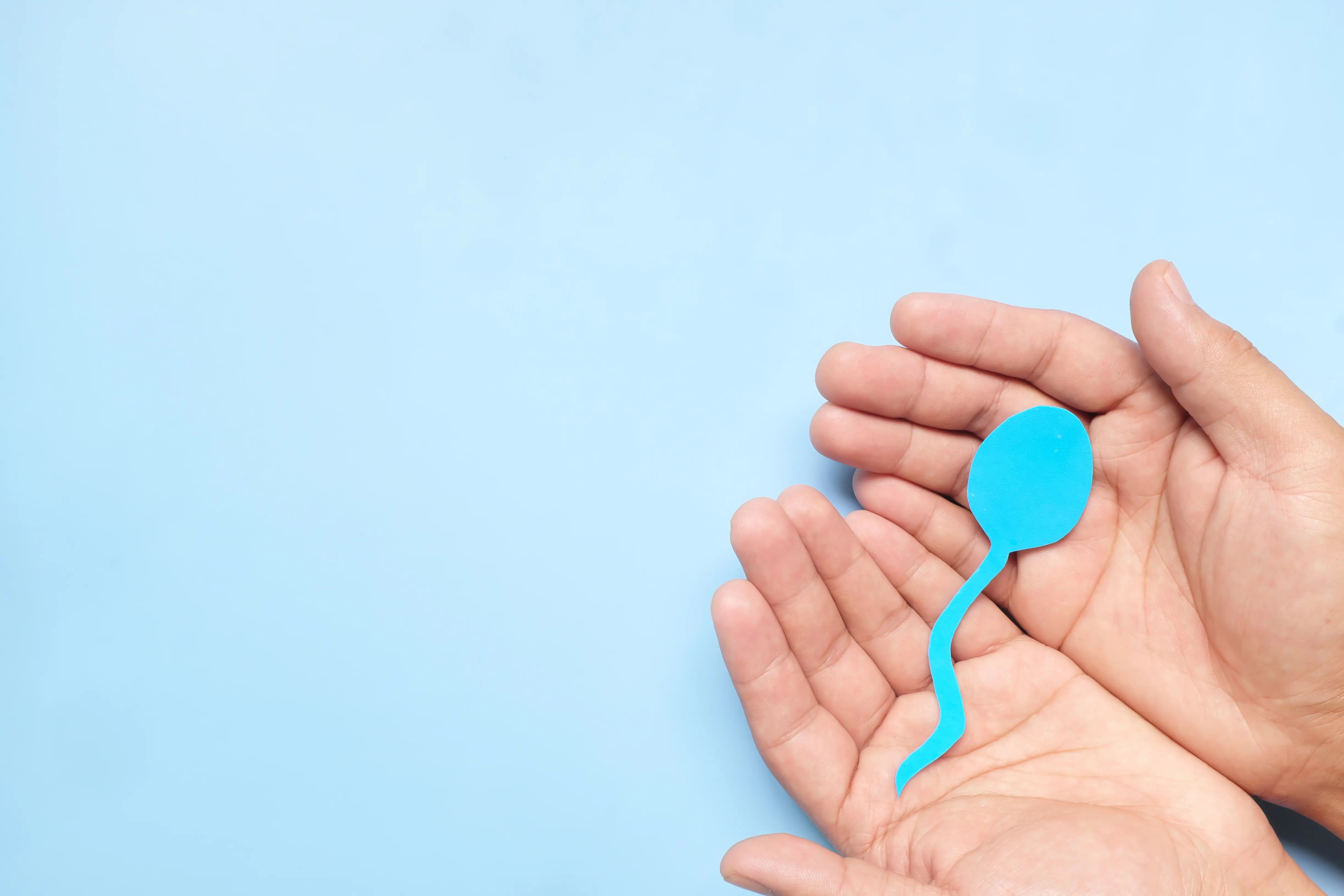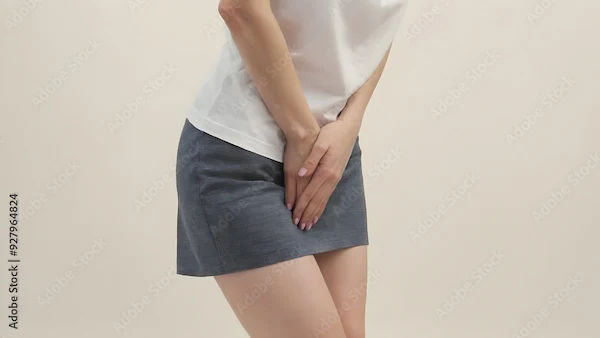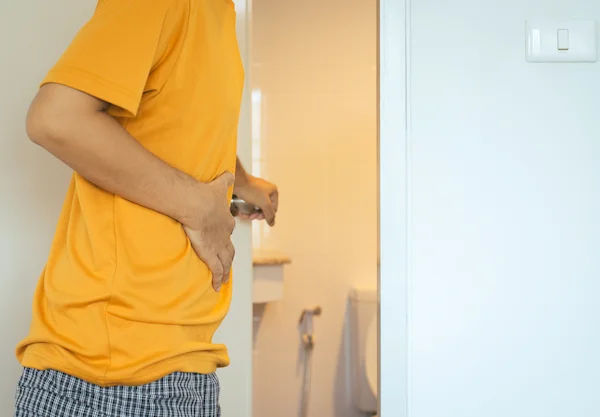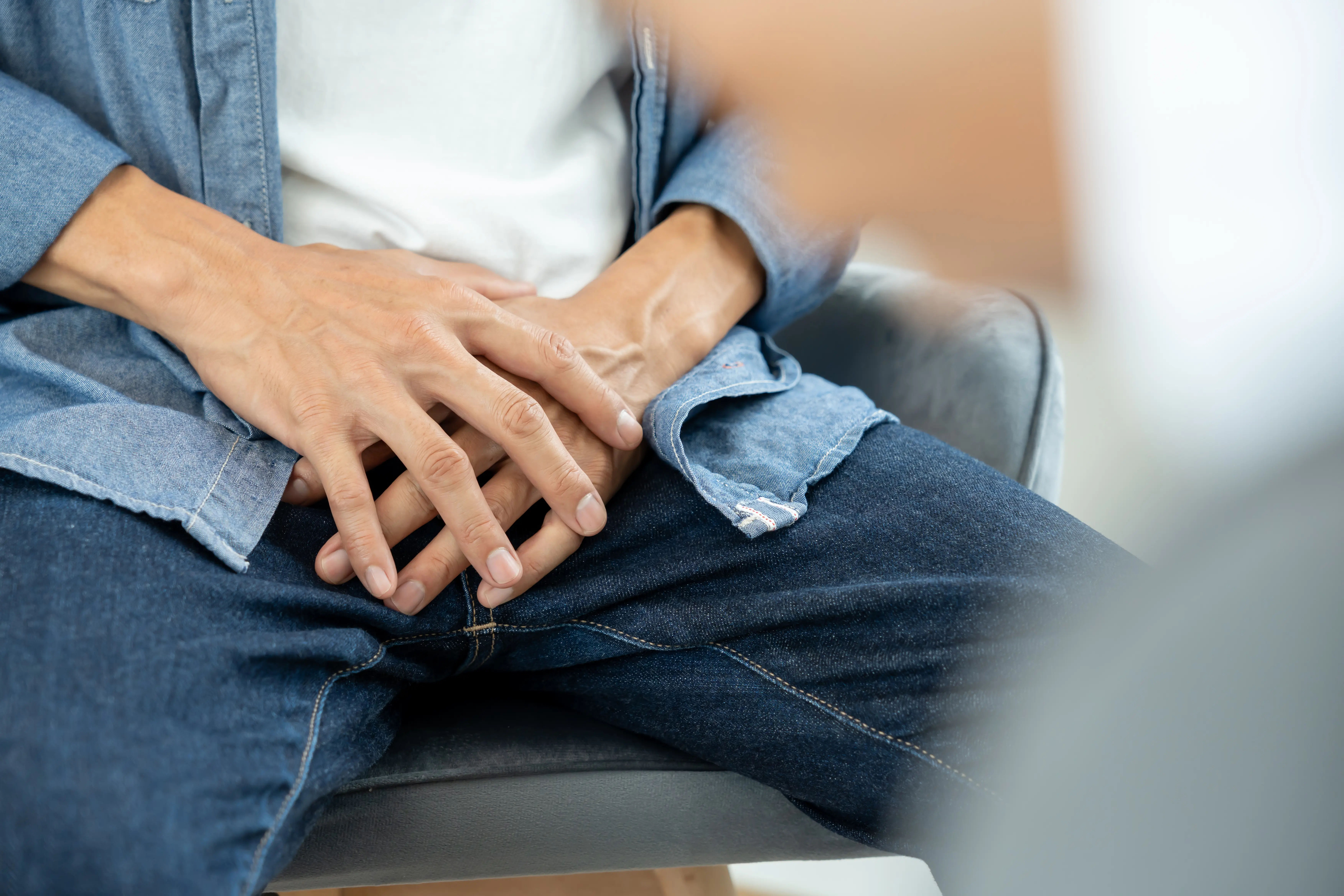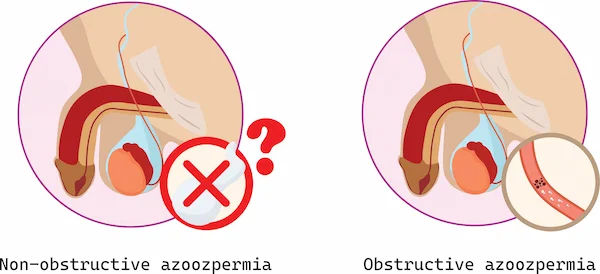- male
- 25 Years
- 29/01/2025
My friend Rahul has been dealing with this nightfall problem for about 3 years now. It happens like 4 to 5 times a week. We're really worried. Do you have any advice or medicines that might help him with this? Any suggestions would be appreciated.
More Urology Health Queries
View allI'm a bit concerned because my penis is 13.5 cm, and I'm wondering if that's considered small. Sometimes I feel like I need to masturbate to avoid the constant urge for an erection. Could this be a problem?
A penis size of 13.5 cm is within the normal range, and there's no cause for concern. Masturbation can be a natural outlet for sexual urges, but if you feel discomfort or pressure to engage in it, it's important to address any underlying concerns and maintain a balanced approach to your sexual health. If you ever feel unsure or anxious about your body, it might help to talk to a healthcare provider.
Answered by 1 Apollo Doctors
Just got my ultrasound report showing borderline varicocele what grade does this usually fall under and do I need surgery for it
A borderline varicocele usually falls under a Grade 2 or 3 on the varicocele grading system. Whether or not surgery is needed depends on various factors, including the specific grade, presence of symptoms like pain, and impact on fertility.
Answered by 1 Apollo Doctors
I'm having trouble with delayed ejaculation during sex, and it's causing some issues for my wife and me. I just can't seem to ejaculate inside her. What could be causing this, and what can I do about it?
Visit Psychiatrist for evaluation and appropriate management
Answered by 1 Apollo Doctors
Disclaimer: Answers on Apollo 247 are not intended to replace your doctor advice. Always seek help of a professional doctor in case of an medical emergency or ailment.


